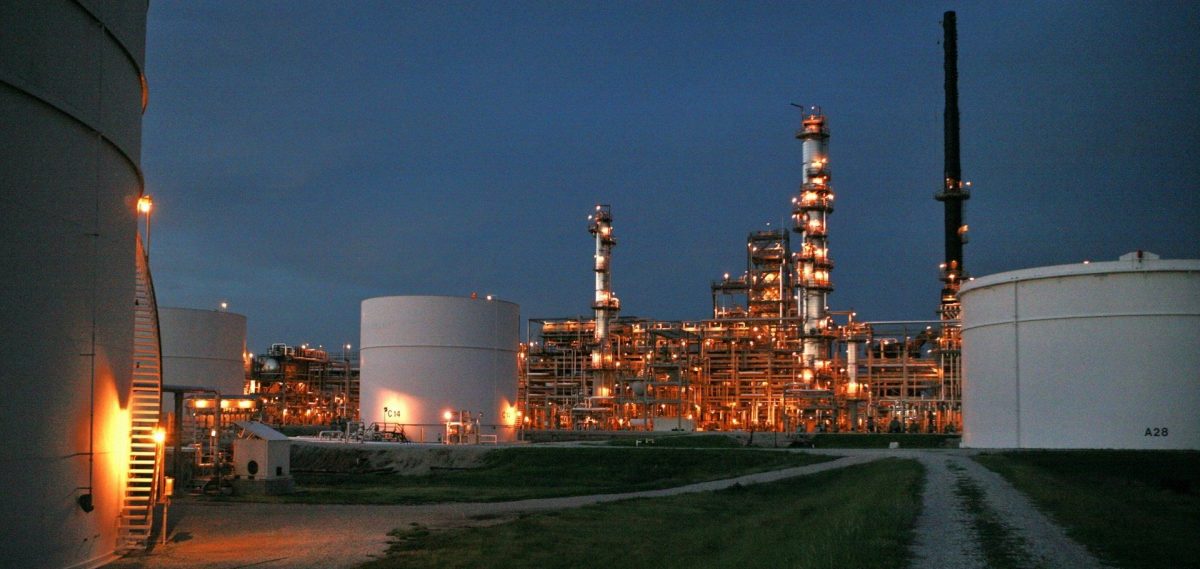- Comments:0 Comments
THE Federal Government has paid N168 billion outstanding subsidy debt to oil marketers, as part of measures targeted at stimulating activities in the downstream sector of the petroleum industry. Investigation by Vanguard indicated that the payment was made through promissory notes, which the major and independent marketers started to collect on June 1, 2020.
However, the notes would not be turned into cash until the next three to four years, meaning that the poor financial situation of the downstream sector would not improve in a short term. The Operations Controller, Independent Petroleum Marketers Association of Nigeria, IPMAN, Mr. Mike Osatuyi, who confirmed the development in a telephone interview with Vanguard yesterday, said: “The government does not owe anymore. We have started collecting promissory notes for the last segment of the subsidy payment. However, it should be noted that we would not be able to cash it until the next three to four years.”
Mr. Osatuyi, who confirmed the marketers have not been able to embark on fuel importation, barely one month after the government had permitted them do so, added that marketers were still constrained by many problems, including lack of funds and uncertainty over inadequate foreign exchange. He said: “It is not that we do not want to import, after all we imported in the past. The fact is that, there are many constraints affecting our operations at this time. These include lack of funds, huge subsidy debts and uncertainty over foreign exchange.”
COVID-19 delays engagement
Osatuyi, who noted that marketers planned negotiation, was being stalled by the coronavirus pandemic, said: “We need to settle down, review and resolve these issues with the relevant government agencies. We need to have a clear idea about the direction, before we delve into fuel importation.
“Unfortunately, we cannot hold the planned engagement immediately because of the coronavirus pandemic, which has restricted the movement of persons from one place to another. We look forward to holding it once the pandemic is over.”
Private sector input
Similarly, speaking at a webinar in Lagos, chairman, Major Oil Marketers Association of Nigeria, MOMAN, Mr. Adetunji Oyebanji, said: “We are aware of the recent pronouncements to the effect that there is no longer going to be anything like subsidy anymore to more recent comments, stating that the sector had been deregulated.
As far as we are concerned, there is a need for the private sector to make input, while such policy is being put in place so that at the end of the day, we would have a policy that is beneficial not only to the industry, but to the economy as a whole.”
“We believe that the market forces should be allowed to determine the prices, particularly the price of Premium Motor Spirit, PMS, and there are several reasons that support that, but I think the most important point, I will like to put across is that we require very significant investment in distribution facilities, especially pipelines, trucks and refineries to create an environment of certainty for the operators.
“The downstream needs even more investment and we believe that creating that kind of environment where the market determines the prices will give operators the kind of certainty they require and this is all through the value chain, right from the refinery gate all through the dealers, the retailers at the end of the station. Uncertainty is not a friend of investment.”
Inconsistent policies
Also, Managing Director, NorthWest Petroleum & Gas Limited, Dame Winifred Akpani, stated: “There has been many investments in depot constructions across Nigeria because opportunities presented themselves for people to make such investments at the time. Initially, it was worthwhile because there were so many things going on at the same time. But subsequently over the years, as government has continually overtaken the whole operations in the downstream sector to a large extent it has been very difficult for a lot of depot owners to survive especially those who had not made further investments into other areas of the downstream.
“On the average, we have each depot costing between N3 billion to N5 billion at the minimum. For some they were able to make subsequent investments into retail, marine vessels, pipelines and others. For these set of people it has not been so bad in the sense that they have been able to continue to operate.”
Deregulation
Furthermore, Akpani maintained: “Deregulation, as we know it now, is a complete removal of government regulations or control, especially with regard to pricing or product as we know them. For the depot operators, over the years with NNPC taking over 100 per cent of import until recently and then fixing very little margins for operators who take on these products for distribution, the operators have not been able to operate.”
Source: Vanguard
